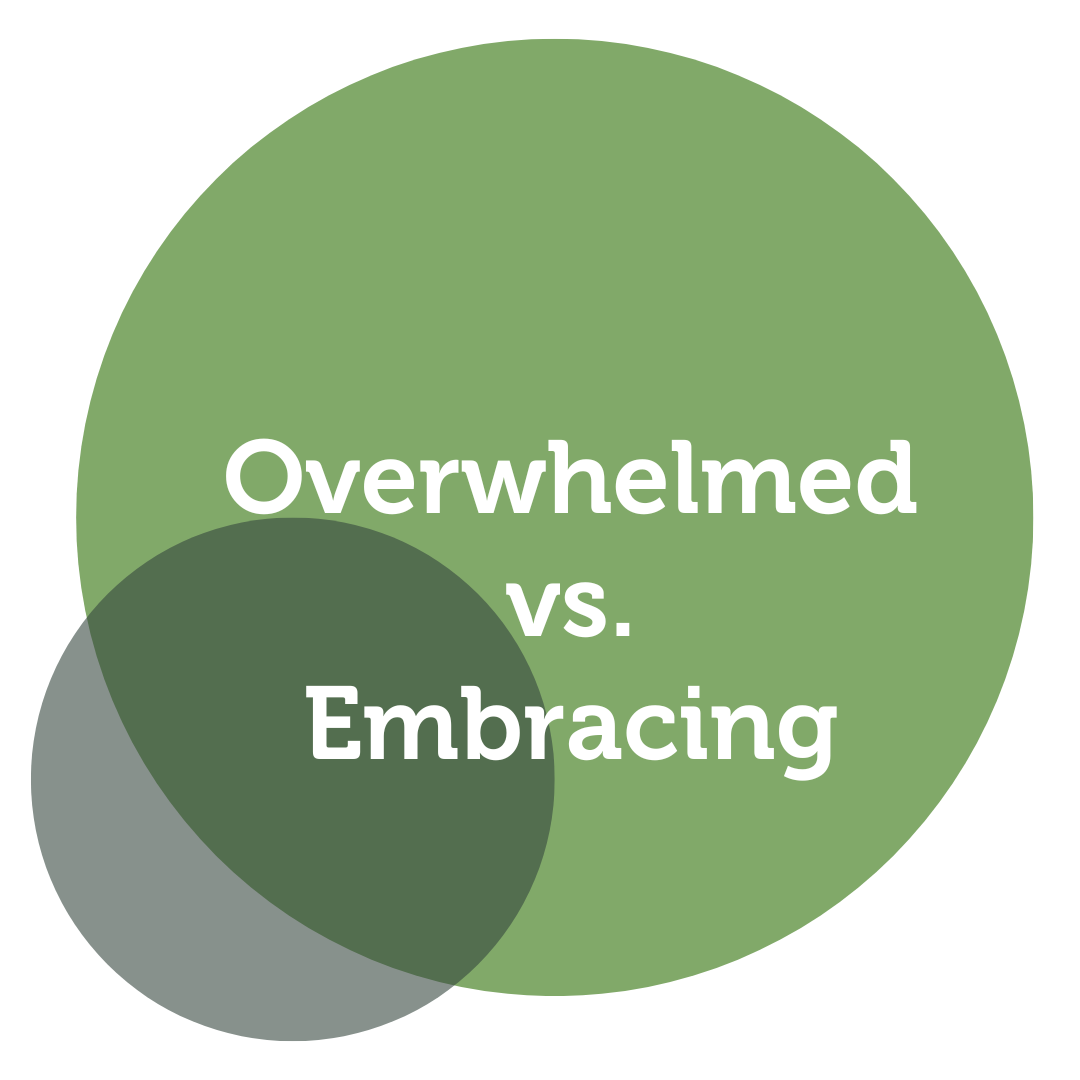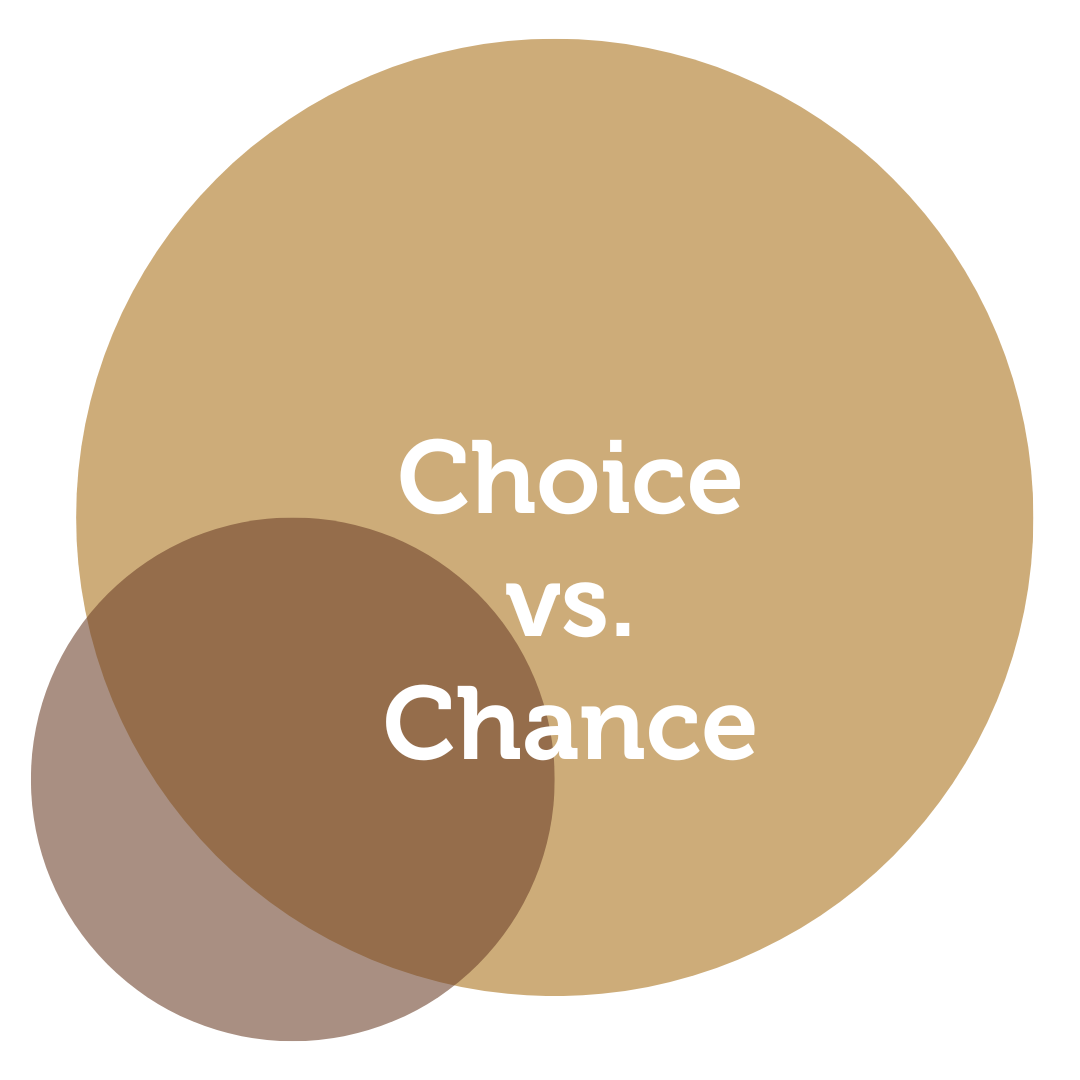A Coaching Power Tool By Kavita Bhandari, Mindset & Life Coach, HONG KONG
What you deny or ignore, you delay. What you accept and face you conquer.
Denial vs. Acceptance in Coaching
What is Denial
Denial is a coping mechanism in which an individual refuses or is unable to recognize or acknowledge objective facts experiences or emotions. It’s an unconscious process that serves to protect the person from discomfort or anxiety, leading to short-term satisfaction but long-term pain
Denial can take many forms from blame, excuses, and justification to pretense to wishful thinking.
In Denial –
- We spent a lot of time wishing the situation hadn’t happened or had turned out differently.
- We find ourselves refusing to accept a circumstance even though the circumstance is in fact a reality.
- We blame others and shirk from responsibility.
- We make excuses and minimize our decisions.
- We justify our choices.
- We ignore our negative emotions and pretend everything is fine.
When we are unable to recognize or acknowledge our deepest emotions, we feel stuck, shut down, and confused. We are stuck in a disempowering narrative.
Acceptance
Acceptance involves acknowledging the “unvarnished facts” of ourselves and our situation – the good and the not-so-good, without judging ourselves. Rather than this causing us to be stuck with things as they are, acceptance is the foundation for growth and change.
Denial vs. Acceptance: Coaches and Client
Coaches provide a safe space for the client to explore their worldview. Through powerful questions, the coach can support the client to reframe their perspective and add better tools to their toolbox of coping skills, building confidence and strength. They can encourage the clients to build reliable systems of support that can help carry them through challenging times and embrace the idea of hope, that no matter what you are facing they can come out on the other side.
Here are some life coaching questions that can help shift perspectives from denial to acceptance:
- What am I avoiding or denying about my current situation?
- What are some of the consequences that come from denying or avoiding my current situation?
- What would happen if I acknowledged and accepted my current situation?
- What are some of the benefits of accepting my current situation?
- What are some of the things that I can control in this situation, and what are some things that I cannot control?
- What are some ways that I can take responsibility for my part in this situation?
- What are some alternative perspectives or ways of looking at this situation that I haven’t considered?
- What are some steps I can take to move forward and make positive changes in my life?
- How can I use my strengths and resources to help me accept and cope with my current situation?
- What are some ways that I can practice self-compassion and kindness towards myself as I work towards accepting my current situation?








